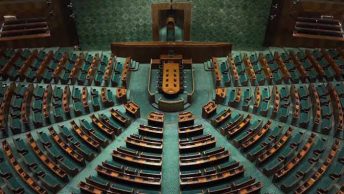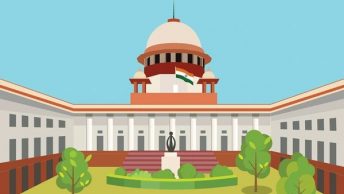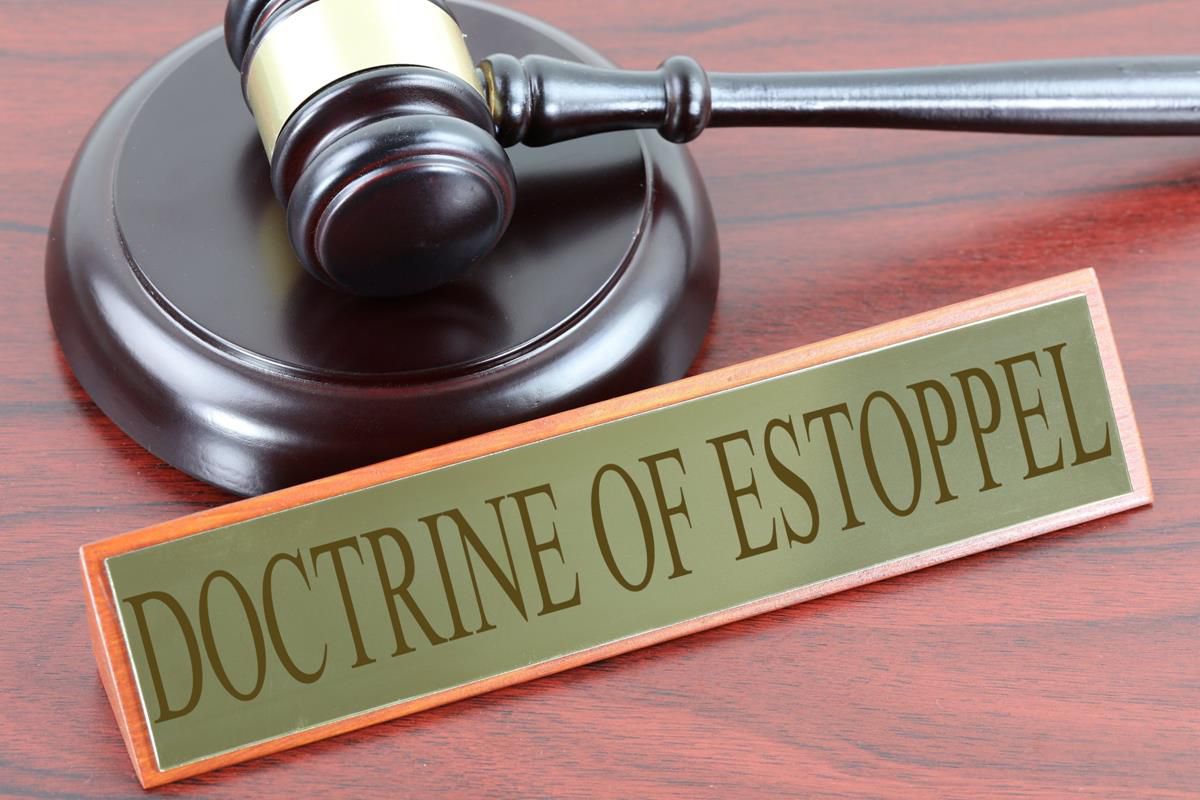This post will take a look at the year gone past. We will look at some events of importance for the beleaguered Legislature, the boisterous Executive and the bewildered Judiciary. It’s part of a series on constitutional and political questions relevant to contemporary times written by Sughosh Joshi, who also publishes a weekly substack newsletter called ‘In the Matter of the Republic’, you can check it out here and subscribe to it for regular updates.
2023 has been a year like none other, for me personally as well as the Republic. Partly because all years are fundamentally different but also because it is the year before the General Elections to the Lok Sabha. In line with the theme of this substack newsletter, this post will take a look at the year gone past. We will look at some incidents and events of importance – from the perspective of the structural integrity of the Republic, rather than substantive policy decisions. For ease of tracking, the year in review will be seen as per the three branches of government – the Legislature (beleaguered), the Executive (boisterous), and the Judiciary (bewildered). Another caveat-cum-limitation of this post is that it addresses largely the three branches of the Union and does not delve into States.
This shall be a critical post – it is not to say that there are no positives to take away. However, this substack seeks to serve as a platform of dissemination of important information. When constructive criticism is seen wanting in today’s mainstream media, it is incumbent upon platforms like these to pick up that mantle, at least occasionally. Therefore, I would like to urge the readers to not look at this post as a negative way to end this year, rather as a positive way to start the next.
A Beleagured Legislature
This year saw four sessions of Parliament, a ‘Special Session’ in addition to the usual three sessions – Budget, Monsoon and Winter. However, a greater number of sessions did not guarantee more productivity. Here is a small table showing the productivity of both Houses – Lok Sabha and Rajya Sabha over the four sessions:
|
Session |
Productivity |
|
|
Lok Sabha |
Rajya Sabha |
|
|
Budget |
33% |
24% |
|
Monsoon |
43% |
55% |
|
Special |
137% |
128% |
|
Winter |
74% |
81% |
Source: PRS Legislative Research
As can be seen from the table, the Budget and Monsoon Sessions were severely disrupted, seeing less than half of the allotted time spend on ‘productive’, mostly government business. It is important to note that productivity is calculated only as the number of hours the House was functioning as opposed to the number of hours it was planned to function and not the quality of discussion or diversity of opinion. The Special Session was more than productive as it was only held for five sittings and to only two items were on the agenda – the Women’s Reservation Bill, and achievements of the country in space research. The Winter Session was also disrupted, not just by MPs but also by a serious breach of security when two persons jumped from the visitors’ gallery and released smoke (thankfully harmless in a city with enough of it otherwise) on the day Parliament was attacked by terrorists 22 years prior. The Government did not give in to the Opposition’s demand for a statement by the Union Home Minister on the Subject, making its own statement by suspending a record 146 Members of Parliament from both houses (nearly one-fifth of the total strength of Parliament). This issue was covered in a previous edition. Ironically, an MP was expelled over a controversy of asking questions for favours (covered previously), while another continues to enjoy his place in the House despite abusing another MP during a debate inside the Lok Sabha (covered previously).
Disruptions, however, did not stop the Government from ignoring Opposition’s demands (legitimate or otherwise) throughout the year – probe on Adani (Budget Session), ethnic violence in Manipur (Monsoon Session) and breach of security (Winter Session). Bills were merrily bulldozed through both houses of Parliament, several without discussion, in the Budget, Monsoon and Winter Sessions.
Another highlight of the Legislature this year was a no-confidence motion moved during the Monsoon Session by the Opposition, albeit mightily defeated by the significant majority enjoyed by the Government.
A Boisterous Executive
The year begun with the Union Government asserting itself by using its powers to shadow ban a BBC documentary titled ‘India: The Modi Question’ by issuing directions to social media intermediaries to block links to it. This block was “in the interest of sovereignty and integrity of India”. Although not new, the trend of blocking information ostensibly in violation of the freedom of speech and expression continues unabated.
Ordinances, an instrument which places legislative power in hands of the executive to be used in cases of urgency, continued to be used in normal situations. An ordinance to essentially overturn a Supreme Court judgment on the autonomy of the Government of National Capital Territory of Delhi to appoint officers was promulgated by the Government, mere weeks before the Monsoon Session. The dominance of the Executive over the Legislature was expressed through actions outside the Legislature as well.
The year ended by demonstrating that the Government’s dominance extended to other independent institutions as well. The Government also brought in a law to reverse a Supreme Court judgment on the appointment of Election Commissioners. It is true that the Supreme Court, too, essentially legislated on the issue by creating a new system of appointment, but one could argue that it upheld the independence of the institution. The law restored the Government’s pre-eminence in appointing Election Commissioners.
A Bewildered Judiciary
The Supreme Court heard and decided a slew of important cases that affected the structure of our Republic, its institutions, and liberties of its citizens. Some of the cases have been covered here previously – Article 370, Same sex marriage, Punjab Government v. Governor. I have written in the Indian Express on the judgment on the Maharashtra political crisis in the Shiv Sena case and the implication on the NCP split.
The Supreme Court also upheld demonetisation in a 4-1 judgment in the beginning of the year. The Court also heard the challenge to electoral bonds and is expected to deliver the judgment next year. As the year ended, the Bombay High Court gave an important decision in Sughosh Joshi v. Election Commission of India (yes, yours truly!) clarifying the canvass of holding bye-elections, crystallizing the right of electorate to not go unrepresented.
Beyond judgments, the assignment of cases to certain judges (in exercise of the power of the Chief Justice of India as the master of the roster) was questioned, bringing back ghosts of the 2018 press conference by senior judges. The Judiciary’s performance was a mixed bag, disappointing more often than not.
A hopeful next year
The next few months would see intense campaigning before the General Elections to the Lok Sabha. Like all elections, it would be a churn to bring out both the best and the worst tendencies of our democracy. One can hope that whichever party/ies assume(s) the mantle of governing the country upholds the democratic spirit, avoiding all that was done to “lower its dignity”.
However, it is not enough to hope. I plan to work towards a more educated and engaged citizenry that does not shy away from holding their representatives to account and create a vibrant democracy, more than simply ‘its paraphernalia’. I wish that at least some of the readers can join me on this journey and help it forward.
Wishing you a very happy, prosperous and democratic new year!
Sughosh is working on civic education and engagement. He is deeply interested in Constitutional Law, Politics and Policy. He graduated from NALSAR University of Law.







[…] Posted bySughosh Joshi […]